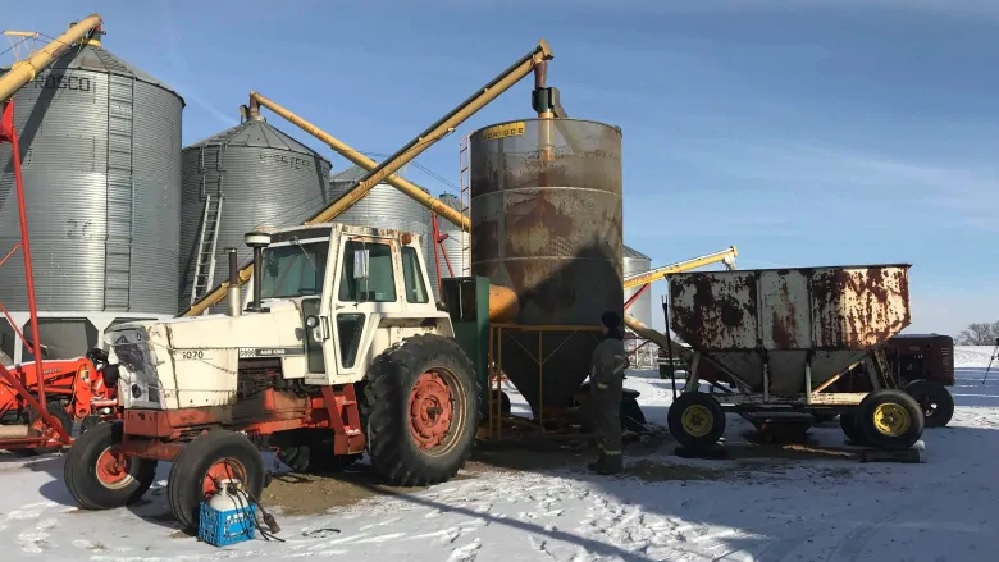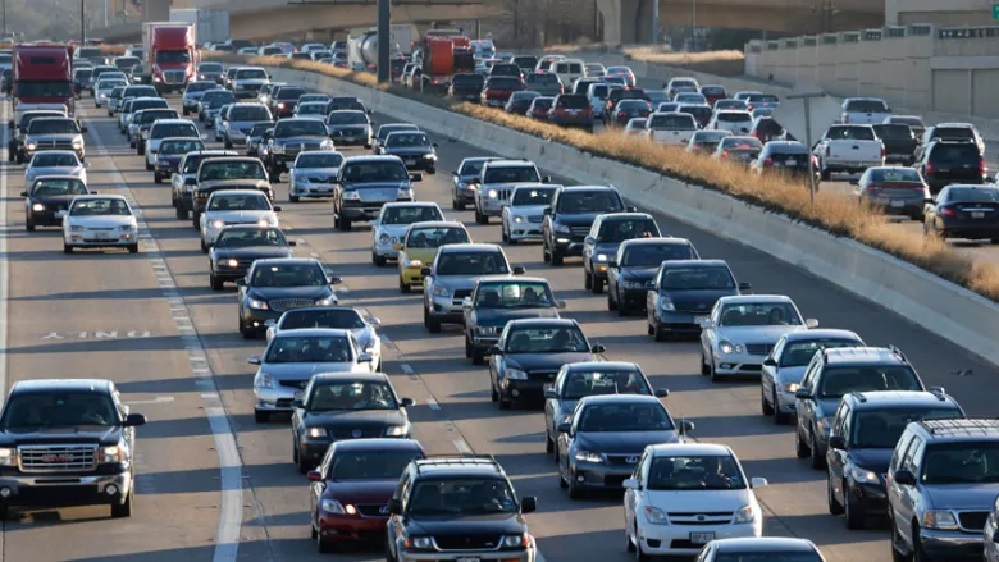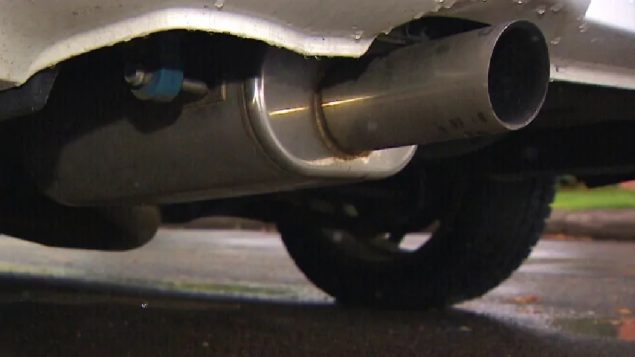Canada’s Liberal government under Justin Trudeau wants to move towards not only meeting but exceeding its Paris climate accord targets. This month he’s announced an increase in the carbon tax and a new Clean Fuel Standard.
Environmental groups have lauded the policies. “This is a serious and well-thought out plan to achieve our 30 per cent reduction target, but we will need to do much more to fully decarbonize our economy, which is what climate science tells us is the way to protect our economy and ecosystems,” Keith Stewart of Greenpeace Canada said in a statement.
Others however have said it will also increase costs for everything, as everything is transported before it reaches the consumer, along with increased heating costs for a cold climate. It’s also likely manufacturing costs will increase and the costs will accumulate at each stage along the production and delivery chain until the product reaches the consumer.

Farmers forced to dry their grain with propane after a wet season are contending with the carbon tax on top of other ever increasing expenses. (Bridget Yard/CBC)
Farmers, and grain farmers, especially have been vocal about the increase saying the current carbon tax was already hitting their bottom line as tax the increased costs to their production. Those increased costs for such things as drying grain, can’t be passed along to buyers as commodity prices are set by world markets completely outside the farmer’s control. They say the increases in carbon tax announced this month will only make things worse for them and the viability of farming operations.
Along with the increased tax, Trudeau announced a new Clean Fuel Standard which aims to reduce the carbon content of liquid fuels. The government estimated added costs to consumers will be between $69 and $208 in 2030. Trudeau noted at the same time that carbon tax rebates would also increase.
The Pembina Institute, a think tank advocating for clean energy initiatives says the plan which includes money to promote ‘green’ vehicles and infrastructure says the policy will encourage development of ‘cleaner’ vehicles and technology.
Cleaner fuels are now being created by blending in bio-ethanol. It is likely ethanol levels will be increased although ethanol production for fuel from sources like has its own set of environmental and food supply critics.
Refiners are looking at the costs and time frame for compliance to new regulations, Several refineries in Canada have already shut down, with Shell closing its Montreal refinery in 2010, Imperial Oil closed its Nova Scotia refinery in 2013, and the only refinery in Newfoundland is set to be closed by North Atlantic Refining Ltd.
Any further shutdowns will lead to higher costs according to industry analysts who also complain that the government has not provided cost-benefit analyses.

One economist wonders how Canada will meet emissions targets while bringing in vast numbers of immigrants which will increase fuel use for vehicles and heating regardless of carbon reductions in fuels. (LM Otero- The Associated Press)
In an opinion article, University of Guelph professor of economics, Ross McKitrick notes that in the past 20 years vehicle miles travelled have increased by about 25 per cent, but pollutants have been cut in half by improved technologies.
He also wonders how we would reduce emissions in the context of substantial increases in immigration which will necessarily rising fuel use every year.
Costs to hurt lower, middle income, seniors and marginal groups
He cites a study which analysed the cost of carbon reduction against the costs which said that for every dollar of environmental benefit Canadians will lose six dollars of income and wealth, adding that if it was economically rational to re-blend fuels, then refiners would do it automatically. He says the fact that the government is forcing it through means it is not cost-effective.
This week the opposition New Democratic Party said the policies will hurt the lower and middle-income families the hardest.
Peter Julian, is the finance critic for NDP. Quoted by Reuters this week he said, “Canadians want to do their part but for Trudeau to disproportionately hit lower-income Canadians is irresponsible and self-defeating”.
A federal analysis says, “It is expected that increases in transportation fuel and home heating expenses would disproportionately impact lower and middle-income households, those living in single detached households or those without control over the energy efficiency of their dwellings that use heating oil, as well as households currently experiencing energy poverty or those likely to experience energy poverty in the future … single mothers may be more vulnerable to energy poverty and adverse impacts from increases to transportation and home heating prices. Seniors living on fixed incomes may also face higher transportation and heating costs” particularly in Atlantic Canada because of the high use of fuel oil to heat homes as opposed to natural gas, requiring some Atlantic Canadians to pay up to $334 more annually in 2030 just to heat their homes.
Ministers of the four Atlantic provinces sent a letter on November 30 to federal Environment Minister Jonathan Wilkinson asking that he conduct a more thorough analysis before he presented the new fuel standard proposal. They note the maritime provinces are highly reliant on oil and natural gas to heat homes and a dependence on fuels for transportation.
They say the request went unanswered. The proposal announced in draught from could become law in 2022.
additional information-sources
- Toronto Sun: L Goldstein: Dec 21/20: Trudeau’s second carbon tax will increase energy poverty: report
- Canadian Press (CBC): Dec 20/20: Federal government proposes regulations for Clean Fuel Standards
- Canadian Press (JWN): Dec 21/20: Atlantic provinces appeal for delay in federal Clean Fuel Standard goes unheeded
- The Guardian (P.E.I.): N Williams: Dec 22/20: Canada criticized for clean fuel rules that hit poorest households hardest
- Financial Post – Nov 17/20: R McKitrick: OpEd: Ottawa’s Clean Fuel Standard: Overkill in your tank
- Financial Post: G Morgan: Dec 10/20: As Ottawa prepares to unveil its Clean Fuel Standard, industry warns of refinery shutdowns
- Global News; A Connolly: Dec 11/20: The carbon tax is going up. Here’s how much more you could pay at the pump







For reasons beyond our control, and for an undetermined period of time, our comment section is now closed. However, our social networks remain open to your contributions.